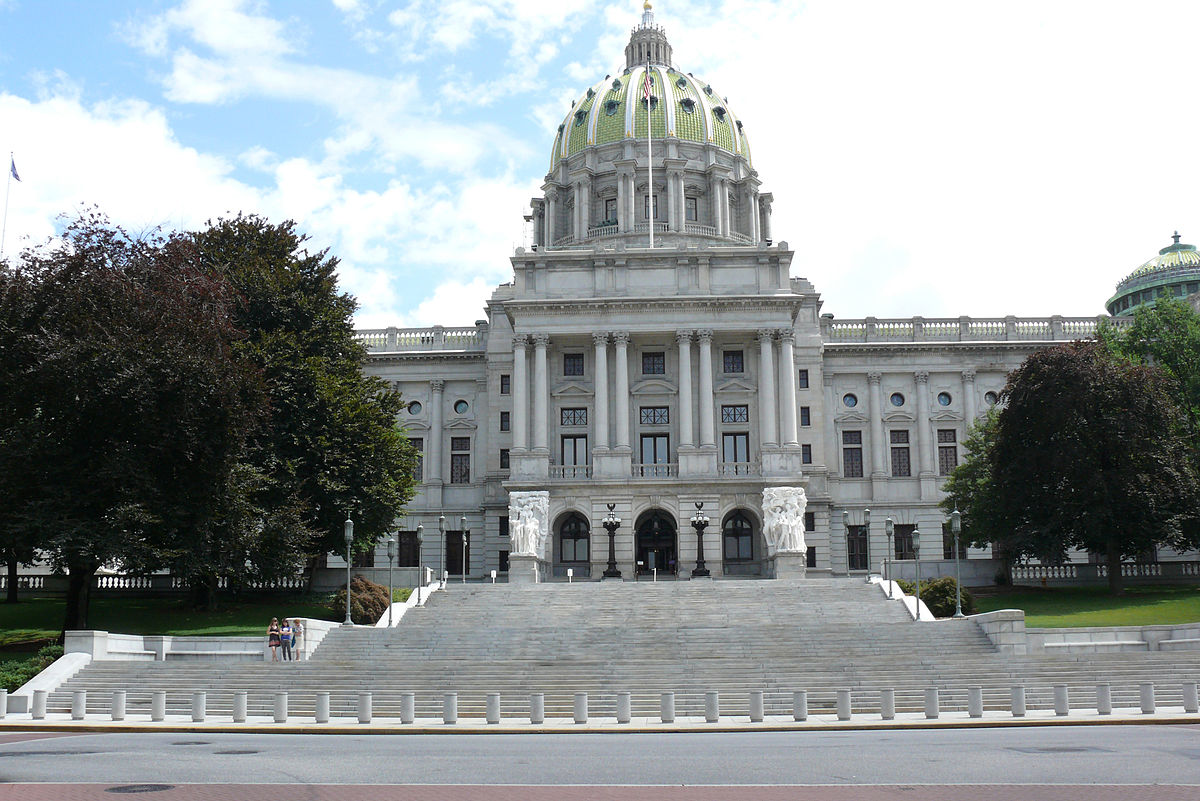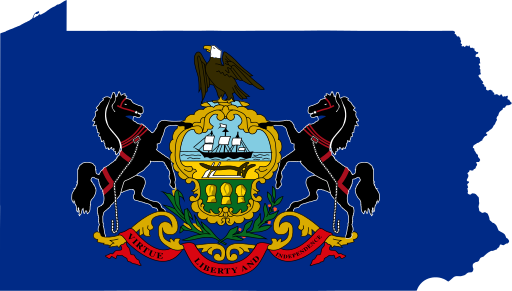Tag: pennsylvania
-
Incumbent Larry Krasner defeats Patrick Dugan in Democratic Primary for district attorney of Philadelphia

Incumbent Larry Krasner (D) defeated Patrick F. Dugan (D) 64.4%-35.6% in the Democratic primary for district attorney of Philadelphia on May 20. Before the election, WHYY Radio’s Carmen Russell-Sluchansky wrote, “The contest pits two competing philosophies against each other: Krasner’s commitment to continuing to overhaul a historically punitive system and Dugan’s pledge to restore a…
-
Corey O’Connor defeats incumbent Edward Gainey Democratic primary for mayor of Pittsburgh, Pennsylvania

Corey O’Connor (D) defeated incumbent Edward Gainey (D) 54.5%-45.5% in the Democratic primary for mayor of Pittsburgh, Pennsylvania, on May 20. A Democrat has held the mayor’s office since 1934. O’Connor and Tony Moreno (R) will now run in the general election on Nov. 4. Moreno defeated Thomas West (R) 70.6%-29.4%. Before the election, PennLive’s…
-
Incumbent Edward Gainey (D) and Corey O’Connor (D) are running in the Democratic primary for mayor of Pittsburgh, Pennsylvania, on May 20, 2025

Incumbent Edward Gainey (D) and Corey O’Connor (D) are running in the Democratic primary for mayor of Pittsburgh, Pennsylvania, on May 20, 2025. A Democrat has held the mayor’s office since 1934. PennLive‘s J.D. Prose wrote, “With Pittsburgh remaining a solidly blue enclave in purple Allegheny County, the party’s primary race winner will be considered…
-
Incumbent Lawrence Krasner (D) and Patrick F. Dugan (D) are running in the May 20 Democratic primary for district attorney of Philadelphia

Incumbent Lawrence Krasner (D) and Patrick F. Dugan (D) are running in the Democratic primary for district attorney of Philadelphia on May 20, 2025. WHYY Radio’s Carmen Russell-Sluchansky wrote, “The contest pits two competing philosophies against each other: Krasner’s commitment to continuing to overhaul a historically punitive system and Dugan’s pledge to restore a sense…
-
Two Pennsylvania legislative districts swing toward Democrats, continuing 2025 trend

In two Pennsylvania state legislative special elections on March 25, Democrats continued a trend of winning a larger share of the vote than compared to the 2024 presidential election in several districts. The party has improved in 12 of the 14 contested partisan special elections for state legislature nationwide this year. Democrats won Pennsylvania State…
-
A special election for District 35 of the Pennsylvania House of Representatives will determine majority control

Dan Goughnour (D), Charles Davis (R), and Adam Kitta (L) are running in the special election for District 35 of the Pennsylvania House of Representatives on March 25, 2025. Incumbent Rep. Matthew Gergely (D) died on January 19. Gergely’s death left the state House tied 101-101. Before his death, Democrats controlled the House 102-101. Goughnour…
-
Pittsburgh, Pennsylvania, and Vermont towns to vote on ballot measures related to the Israel-Palestine conflict

Voters in Pittsburgh, Pennsylvania, and five Vermont towns will decide on ballot measures related to the Israeli–Palestinian conflict in the coming months. On May 20, Pittsburgh voters will decide on two charter amendments passed by the city council in response to a proposed citizen initiative that may also appear on the ballot. The potential citizen…
-
ESG policy debated in state treasurer races
Voters in 10 states will vote on their treasurer next week. Voters in 8 states will vote on their auditor. State treasurers oversee state investments, such as public pension funds, making them responsible for deciding if their respective states will incorporate ESG strategies into their portfolios. Additionally, both treasurers and auditors commonly have roles implementing…
-
203 seats up for election in Pennsylvania House on Nov. 5

Elections for all 203 seats in the Pennsylvania House of Representatives will take place on November 5, 2024. Pennsylvania is one of 44 states holding legislative elections in 2024. Heading into the 2024 elections, Democrats have a 102-101 majority. Democrats gained control of the state House in 2022. Republicans had controlled the chamber since 2011.…
-
Pennsylvania renews SNAP work requirement waiver for another year

Pennsylvania’s Department of Human Services Secretary received federal approval of a new waiver of work requirements for the Supplemental Nutrition Assistance Program (SNAP). This new waiver extends exemption from work requirements of 80 hours per month for SNAP recipients in most counties in Pennsylvania through August 31, 2025. It will continue to exempt an estimated…

